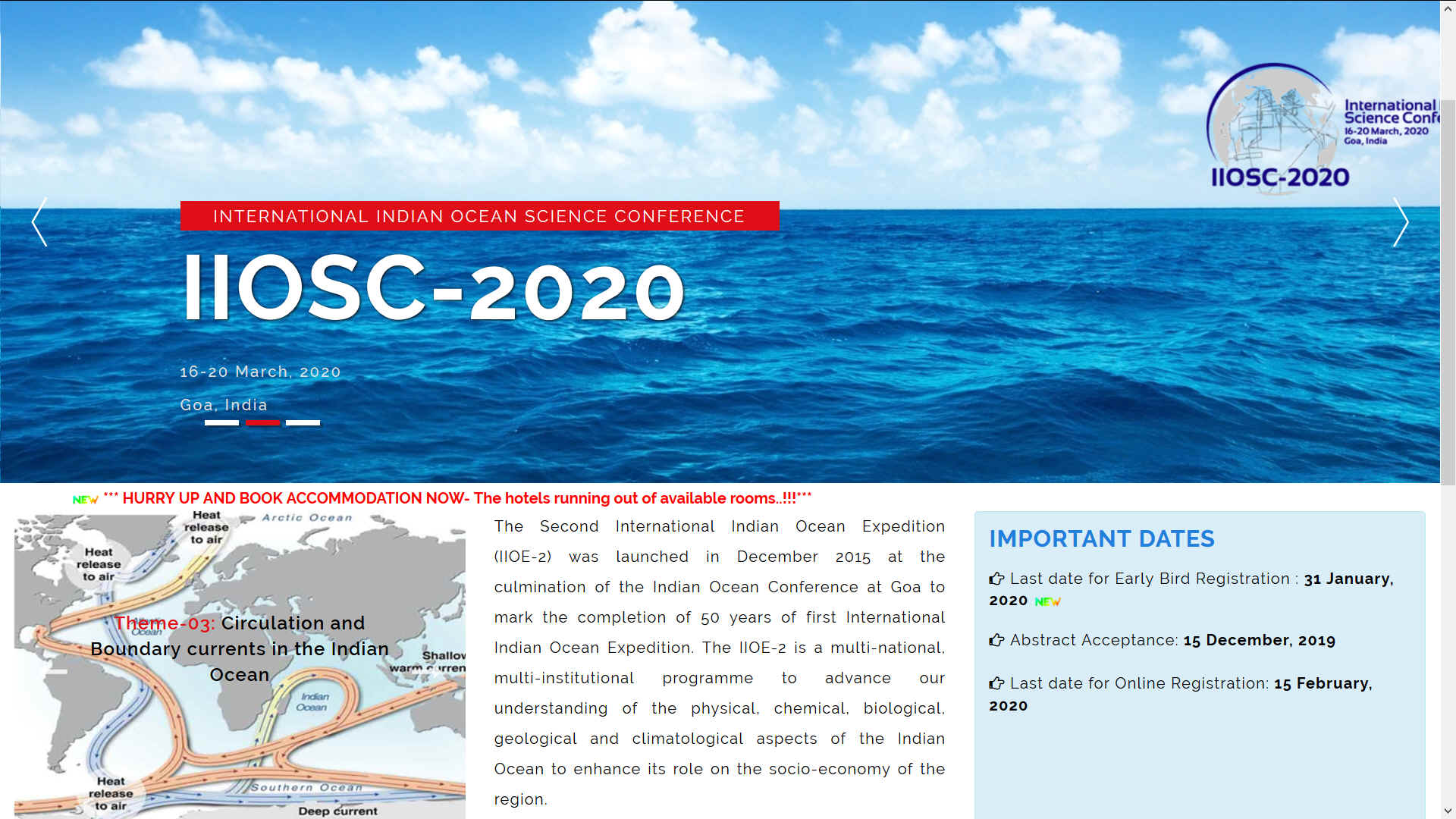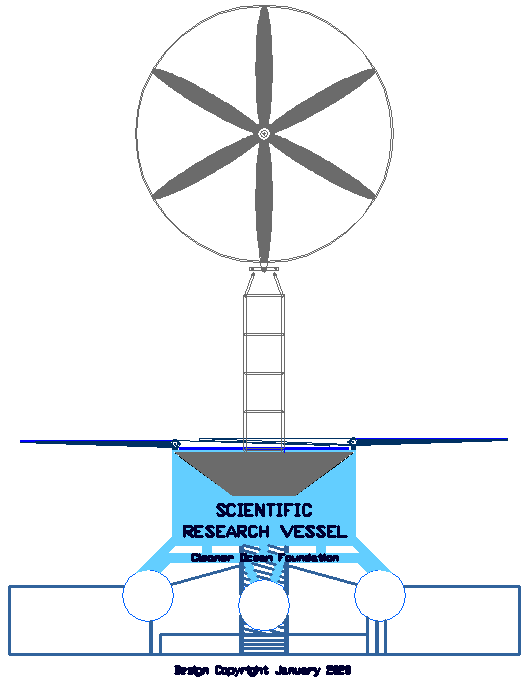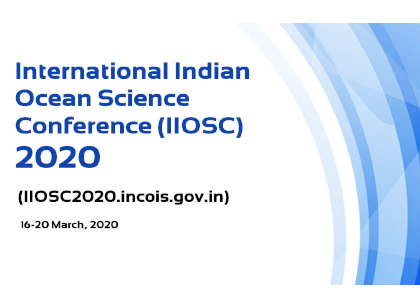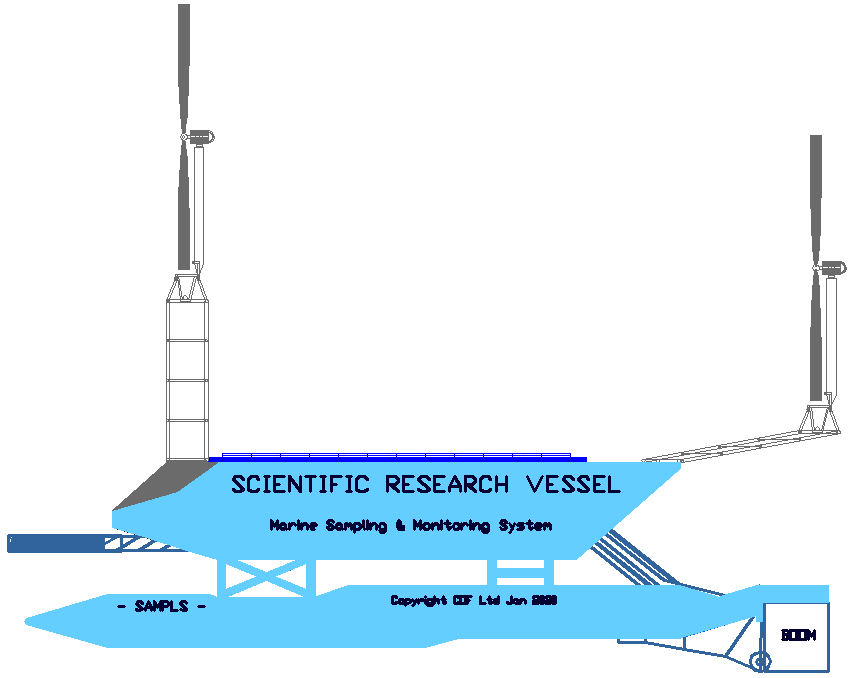|
2020 INDIAN OCEAN SCIENCE CONFERENCE
Please use our A-Z INDEX to navigate this site where page links may lead to other sites
|
|
CLIMATE TARGETS & BIOMAGNIFICATION - Transition to zero carbon transport is likely to impact on the Indian Ocean, but too late to prevent further flooding and ocean acidification. As to plastic pollution, contamination of fish, and fisheries that is an area of huge concern as it affects food security and the livelihoods of fishermen.
International Indian Ocean Science Conference (IIOSC)-2020
The conference aims at assessing the progress and scientific knowledge gained during the last 4 years of IIOE-2 (during 2016-2020). It is also an opportunity for scientists working on different facets of the Indian Ocean to present their ideas and discuss the outstanding issues, identify the knowledge gaps and plan a way forward to address such issues.
Impending visitor should note that they will need a pad and pencil to glean information from the official website, where you cannot cut and paste information as with other official websites. This may be viewed as contrary practice and a potential lack of transparency in relation to SDG 16 of the United Nations sustainability goals. This may be one reason why there is so little reporting of the event, let alone data dissemination, etc.
In
our view the scientific community in particular should be open
to sharing information with the world. We have found that most
academics sign up to such ethics, but in practice make every
effort to guard information and not make it available to the
public.
PERSISTENT SAMPLING - If you really want to know what is going on under the waves, you need something as powerful as this proposed autonomous, solar and wind powered machine.
THE INDIAN OCEAN BUBBLE 1961
The Special Committee on Oceanographic Research (SCOR) has endorsed an international cooperative program of oceanographic research and survey work in the Indian Ocean for the near future. 1961 is the year most often referred to. Although a number of features of the plans must necessarily be made on a high international executive level, it also seems desirable that oceanographers on a working level - who actually think they might be interested or involved in the work at sea - should exchange ideas and suggestions, and make tentative plans of just what they would like to try to do in the Indian Ocean. For this purpose, THE INDIAN OCEAN BUBBLE was been established, as an informal journal for exchanging views and ideas.
TSUNAMI PREPARATIONS
The Tsunami Ready is a community performance-based programme that promotes tsunami preparedness through active collaboration of public, community leaders, and national and local emergency management agencies.
Indian Ocean Tsunami Information Centre (IOTIC) of IOC UNESCO introduced the Indian Ocean Tsunami Ready concept in the Indian Ocean Region. The programme is aimed at strengthening
tsunami preparedness of coastal communities in the Indian Ocean Region.
CSIR-National Institute of Oceanography (CSIR-NIO)
Tel: +91 (0) 832- 2450450
MARINE LITTER SAMPLING - And a bit more. With machines like this you can keep harbours clean, and know what is coming from where and when. Plastic can be recycled up to 90% into fresh plastic products, so creating a near circular economy. The fish will love it! But, please note that without funding, innovation such as this will never see the light of day. So get your wallets out, or stop carping on about it not knowing enough.
LINKS & REFERENCES
https://www.facebook.com/IndianOceanConference
Please use our A-Z INDEX to navigate this site
|
|
|
This website is provided on a free basis as a public information service. copyright © Climate Change Trust 2019. Solar Studios, BN271RF, United Kingdom.
|





